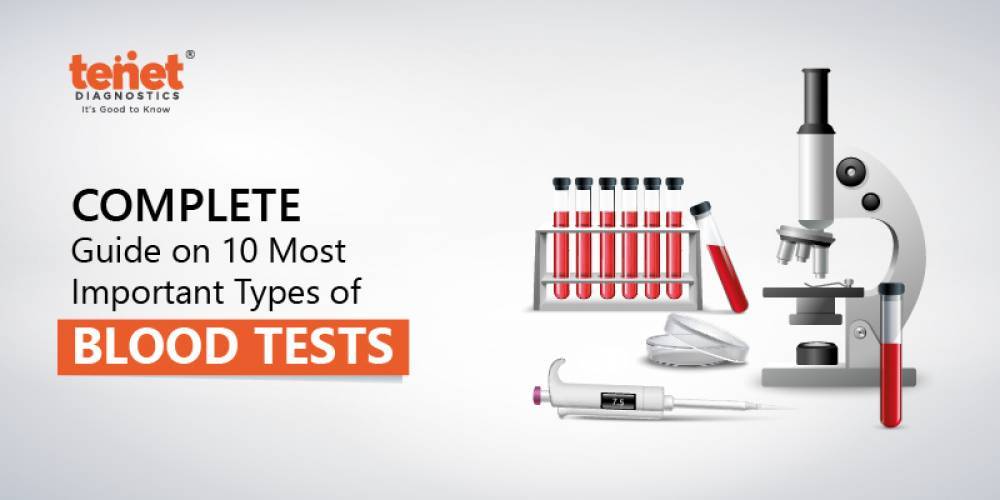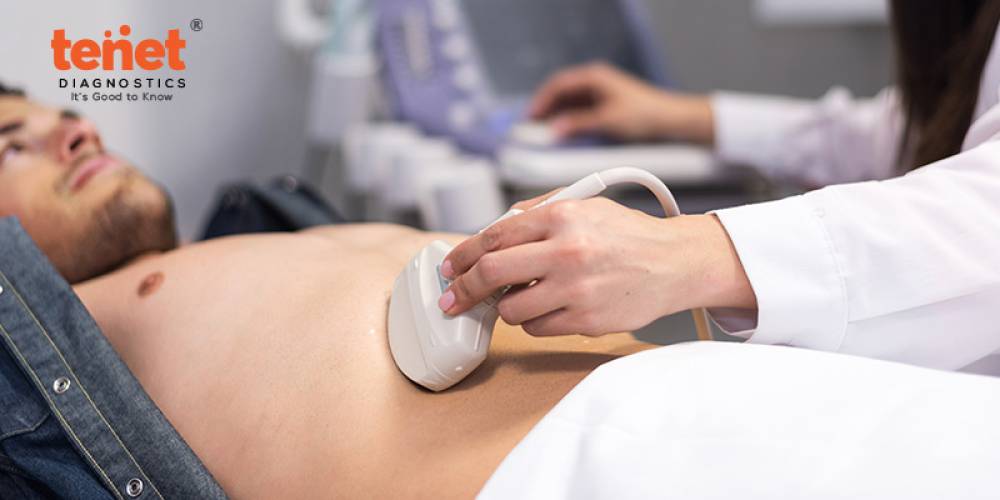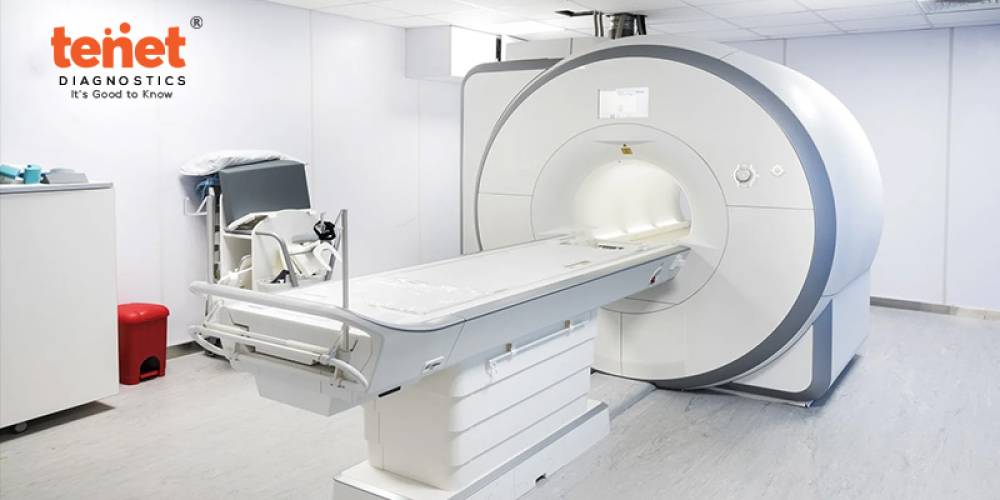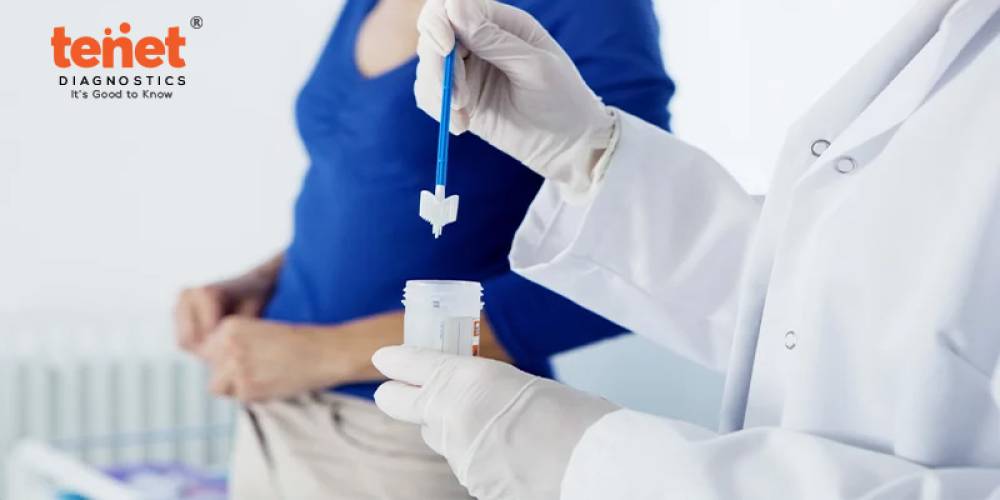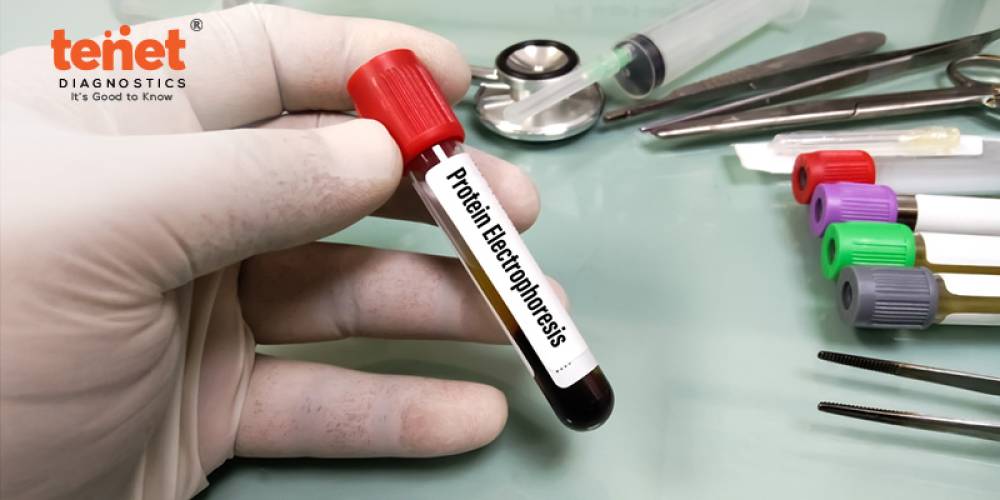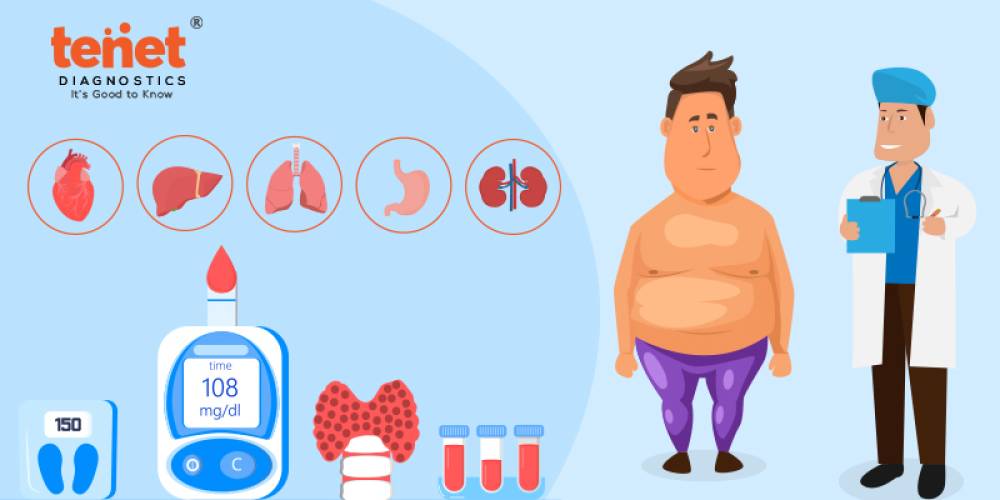Blood testing is one diagnostic technique to track your overall health and physical well-being. Having your blood tested at regular intervals can help you recognize how your body changes and educate you to make better health decisions.
You can find nearby blood test services by searching online with terms like full body blood test near me and get your test and queries cleared out.
Everyone will undergo a blood test at some point in their lives, and most people will have numerous tests over their lifetime. A doctor often orders a blood test before or after a physical examination, and they are also used to evaluate specific conditions.
Certain blood tests are used to determine the functioning of different organs in the body. These blood tests also detect the malfunctions of organs like the liver, thyroid, or kidneys. Doctors can use blood tests to find markers of diseases and health conditions like:
• Diabetes
• HIV
• Anemia
• Cancer
• Coronary heart disease
The Common Types of Blood Tests
Various blood tests are implemented based on health and physical conditions. Here are some common types of blood tests.
1. Complete Blood Count (CBC)
It is one of the most common blood tests, and it is typically used to examine an individual's overall health. It measures blood components like red blood cells, white blood cells, hemoglobin, and platelets. The blood reports feature the details in ranges.
White blood cells (WBCs) make up the immune system. The normal range for WBCs is 4,500–11,000/mm3.
Red blood cells (RBCs) carry oxygen throughout the body. The normal range for RBCs in males is 4.3–5.9 million/mm3, and for females, it is 3.5–5.5 million/mm3.
The usual range of platelets, the component responsible for clotting in the blood, is 150,000–400,000/mm3 and the hemoglobin range for males is 13.5–17.5 grams/deciliter (g/dL), and for females, 12.0–16.0 g/dL.
A CBC test assists in the diagnosis of blood disorders or diseases such as anemia, clotting issues, inflammation, infection, and immune system disorders. Fasting before the test is based on the doctor's advice.
2. Basic Metabolic Panel (BMP)
BMP, also known as the blood chemistry 8 test, examines for levels of various components in your blood, such as:
• Bicarbonate
• Chloride
• Blood urea nitrogen (BUN)
• Creatinine
• Calcium
• Glucose
• Sodium
• Potassium
Before your blood is drawn, you must fast for at least eight hours or less, depending on the doctor's instructions. Diabetes, hormone imbalances, or kidney illness can lead to abnormal levels in the BMP test. Any of these conditions may also necessitate additional testing.
Blood Glucose Test: Some people may need to fast before a blood glucose test. This standard test determines how much glucose or sugar is present in your body. Glucose readings of more than 100 mg/dL may suggest a diabetes risk.
Kidneys: Excess waste products in the bloodstream, such as blood urea nitrogen (BUN) and creatinine, can suggest a kidney issue.
3. Comprehensive Metabolic Panel
This set of tests evaluates the condition of your kidneys and liver. They also keep track of your glucose, hydration, and electrolyte levels. They also measure the additional proteins and substances such as:
- Albumin
- Alkaline Phosphatase (ALP)
- Total Protein
- Bilirubin
- Aspartate Aminotransferase (AST)
To stay whole and healthy, your immune system needs a balance of these diverse elements.
4. Thyroid Panel
A thyroid panel, often known as a thyroid function test, examines how well your thyroid produces and responds to hormones like Triiodothyronine (T3), Thyroxine (T4), and Thyroid Stimulating Hormone (TSH).
The pituitary gland generates a hormone that regulates your thyroid. The average levels of these hormones are:
- Triiodothyronine (T3): 80–180 ng/dL
- Thyroxine (T4): 0.8–1.8 ng/dL (in adults)
- Thyroid Stimulating Hormone (TSH): 0.5–4 mIU/L
Higher test results could indicate hypothyroidism, a disorder caused by your thyroid failing to produce enough hormones. Lower test results could indicate hyperthyroidism, a condition in which your thyroid produces excessive amounts of hormones.
5. Lipid Panel
A lipid panel quantifies the amount of cholesterol and triglycerides (fats) in our blood. This test checks two common types of cholesterol.
- HDL - High-Density Lipoprotein or Good Cholesterol.
- LDL – Low-Density Lipoprotein or Bad Cholesterol.
HDL is "good" because it eliminates harmful substances from the bloodstream and aids the liver in converting them to waste. LDL is "bad" because it can block your arteries with plaque, increasing your risk of heart disease.
The ranges for both types are:
- HDL >60 mg/dL (high): male: <40 mg/dL(low); female: <50 mg/dL (low)
- LDL >160 mg/dL (high): <100 mg/dL (optimal)
Changes to diet and lifestyle will go a long way in controlling those lipid levels. Consult your doctor because these levels can vary by age.
6. Enzyme Biomarkers
Enzymes are proteins that reside in your body and aid in chemical reactions such as food digestion and blood clotting. Doctors can use the enzyme markers test to see if your levels are too high or too low.
The four main common enzymes are:
CPK-1 (creatine phosphokinase) is in the brain and heart. Elevated levels can indicate brain injuries or cancer.
CK-MB (0–12 IU/L – normal) is found in the heart. Heart attack victims have higher levels.
CPK-3 is found in the heart. Increased levels can result from muscle inflammation, injury, or intense exercise.
Troponin (<1 ng/mL - normal) is a heart enzyme that can leak into your blood and result in heart injury.
7. Coagulation Panel
Coagulation tests verify how well the blood clots and how long it takes to clot. The test results vary based on health and any underlying conditions affecting the clotting.
Clotting is a critical step that aids in the prevention of bleeding after a cut or wound. A clot in a vein or artery, on the other hand, can be fatal because it blocks blood flow to the brain, heart, or lungs.
Results from this test are used to diagnose:
- Hemophilia (excessive bleeding)
- Vitamin K deficiency
- Acute myeloid leukemia
- Liver conditions
- Thrombosis
8. Sexually Transmitted Infection Tests
Blood tests are not usually reliable right after an infection has been contracted. A blood sample is used to identify many sexually transmitted diseases (STIs). These tests are frequently paired with urine samples or swabs for more reliable diagnoses.
For example, if you have HIV, you must wait for at least a month for it to be detected in the blood sample.
The following STIs can be identified with blood tests:
- Chlamydia
- Herpes
- HIV
- Gonorrhea
- Syphilis
- DHEA-sulfate Serum Test
Adrenal glands produce the Dehydroepiandrosterone (DHEA) hormone. The DHEA test checks whether it is high or low. DHEA develops traits like hair growth, so low rates are abnormal for men, while high rates are abnormal for women.
Low levels may be caused by:
- Hypopituitarism
- Addison's Disease
- Adrenal Dysfunction
Elevated levels in people are caused by:
- Ovarian Tumor
- Congenital Adrenal Hyperplasia
- Polycystic Ovary Syndrome (PCOS)
9. C-reactive Protein (CRP) Test
The liver makes C-reactive protein (CRP) when tissues in the body are inflamed. High CRP levels can indicate inflammation from a variety of sources, including:
- Artery inflammation
- Cancer
- Inflammatory bowel disease (IBD)
- Infection
- Lupus
- Heart disease
- Rheumatoid arthritis
In addition to these essential tests, there are other tests such as,
10. Widal Test
The Widal Test (Slide Agglutination) is used to detect typhoid fever and paratyphoid fever, both caused by consuming contaminated food or water with Salmonella bacteria. This test detects antibodies against two bacterium antigens (O & H) in a blood sample. It should only be done after a week or two for proper findings.
Infographic: Most Important Types of Blood Tests

Quick Summary
Blood testing can provide an accurate picture of your overall health. They are also an excellent way to detect illness or disease early on and evaluate how your body responds to various treatments. Not all blood tests are similar. Some require fasting like cholesterol tests, blood sugar tests, liver function tests, and kidney function tests. It is best to get a blood test full body once a year on your doctor's advice. If you are looking for a full body checkup blood test list, you can search with terms like Full body blood test near me and find the appropriate answers.

